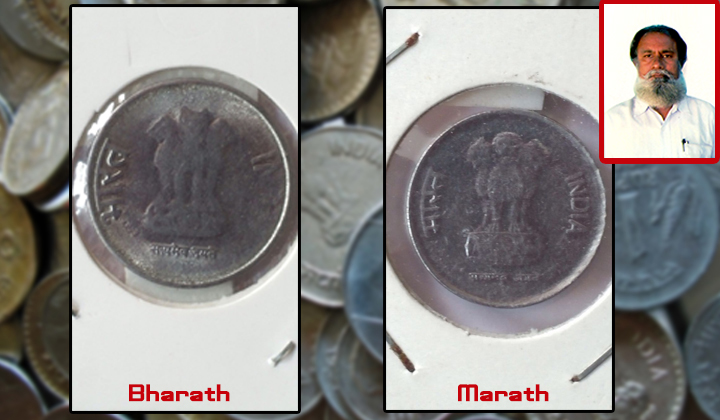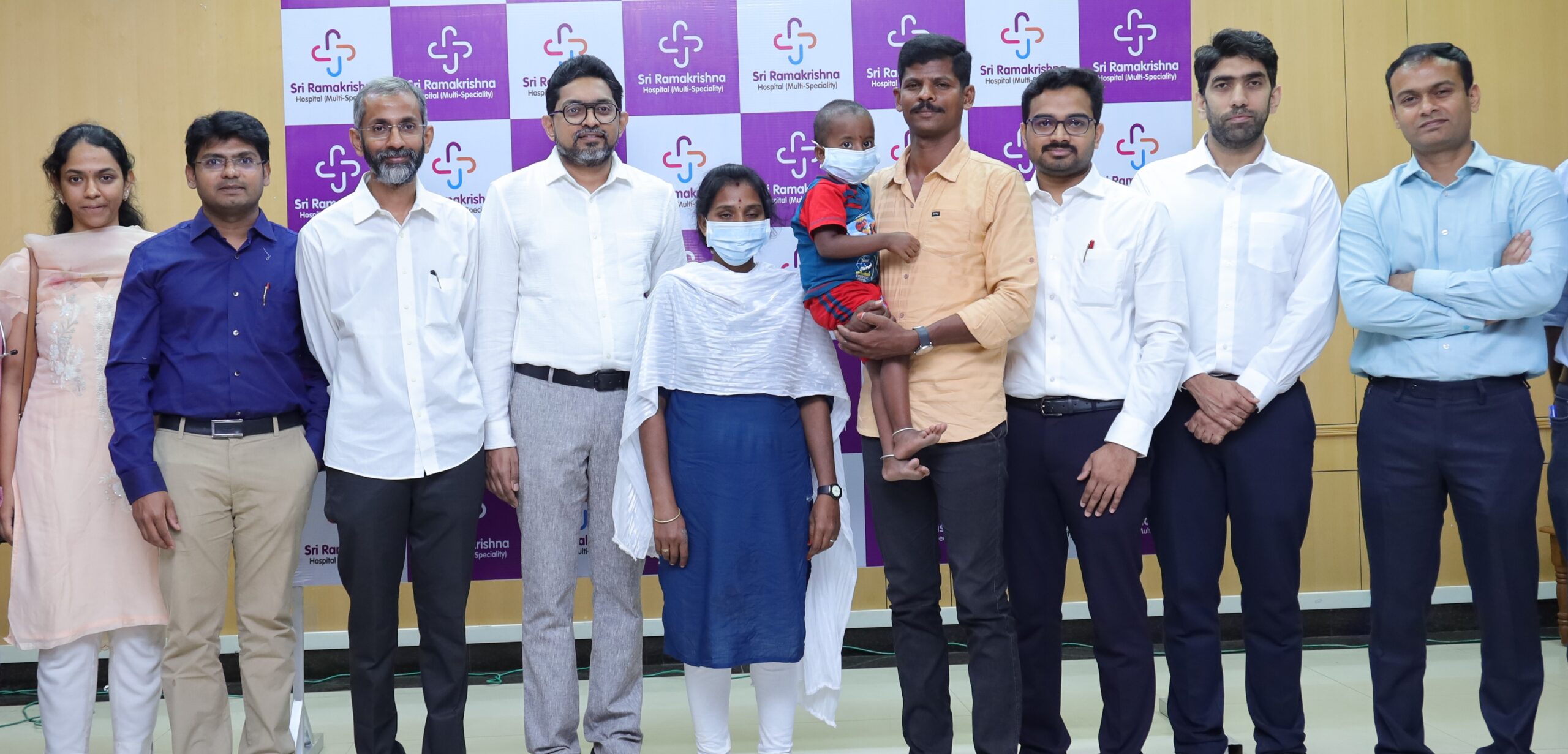Trending Now
- 830 voters names go missing in Kavundampalayam constituency
- If BJP comes to power we shall consider bringing back electoral bonds: Nirmala Sitaraman
- Monitoring at check posts between Kerala and TN intensified as bird flu gets virulent in Kerala
Coimbatore
Error in 10 paise coin turns collector’s gold mine!
![]() July 20, 2016
July 20, 2016
Mistakes can be costly, and in the case of error coins, it definitely is.
A 10 paise coin minted in 1988 is part of numismatist Shamshudeen Sultan’s collection that bears a mistake and perhaps worth a fortune.
This particular coin bears a spelling error, which is among various mint mistakes classified under categories such as doubled-dies blank planchets, broad strikes, wrong design or wrong metal, off-centre coins and clipped planchets.
“The words Bharath (in Hindi) has been minted as Marath (in Hindi), and it is not a case of misconstruing the closely resembling letters ‘bha’ and ‘ma’ in that language,” said 60-year-old Sultan, who lives in Salem.
Sultan, who values its distinctness rather than its material worth, said, “It was minted in five places – Calcutta, Noida, Bombay, Hyderabad and Ottawa (Canada) in that year.
Sultan started collecting coins when he was in class seven and stopped when he was forced to drop out of school due to poverty.
“I resumed collecting coins 25 years ago, and now am director of Salem Paramahal Numismatics Organisation that works to conserve historical treasures like palm leaf manuscripts, artefacts, stamps, coins and inscriptions.”
Kasilingam was the founder of the organization that aims to generate awareness, especially among students, to preserve the souvenirs of India’s rich cultural history.
Now headed by Thirugnanasambandam, the members of the organization travel far and wide to gather ‘pieces of history’ in the form of coins and artefacts that are displayed in museums and exhibitions mainly targeting students.
“Students are the future and we wish to instil the value of knowing our past and preserving them for posterity.”
“We have travelled across South India and in the north, Delhi, to collect relics of our rich past. We buy them from the Kuravar community in Tamil Nadu whose livelihood is to collect coins buried on dried river beds during summer, and from traders and coin societies.”
“For travel and buying these antiquities, we spend from our pockets, and have no support from the government or any organizations.
“We hope at some point our work to preserve our nation’s history and culture is noticed and we get the help we deserve,” said Sultan.
He said some rare or commemorative coins are unaffordable and they will end up in the hands of rich collectors outside India or traders.
“We find Indian coins belonging to Pallava, Chera and Chola dynasty in museums abroad.”
The importance of preserving our past cannot be better exemplified than the turmeric and neem leaf patent controversy when India won the patent rights for these herbs producing the palm leaf manuscripts as evidence.
Coins bear witness to our past and a proof of our prosperity. “From golden, silver, bronze and copper coins are being out of steel, now a pointer to our economic prosperity.”
He said between 1950 and 1955, coins embossed with images of the bull were minted signifying the ‘jallikattu’ which had its pride of place in Tamil classical history.
“With increasing clamour to ban the game of valour in the name of animal cruelty and danger, posterity may have to resort to coins to know they existed,” said Sultan, adding, “Though we hope it continues to be held overriding meaningless arguments.”























